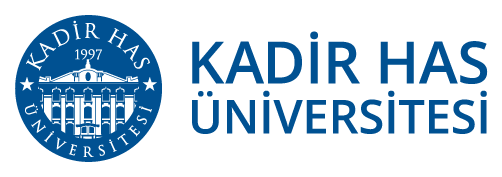The waste management is carried out per the requirements set forth under the “Waste Management Regulation”. The waste is sorted and subject to careful recycling and disposal procedures accordingly. During this process, leftovers are considered an essential factor. The stakeholders of our University provide a significant portion thereof to contribute to feeding stray animals. This exemplary practice shows that waste management is intended to minimize the environmental impact and is considered an expression of social responsibility.
The waste is classified into different categories: paper, plastic, glass, metal, domestic, batteries, and medical. There is special equipment to collect the waste in each of these categories. The packaging waste is recycled through recycling companies licensed by the Ministry of Environment, Urbanization, and Climate Change. This makes it possible to prevent packaging waste from harming the environment and contribute to the recycling economy.
The courses, publications, and projects within the organization of our University in connection with this goal are detailed below.
- Publications
- Gurbuz, E., & Gokce, A. (2023). Visual processing of food stimuli: The impact of working memory load and color. Attention, Perception, & Psychophysics, 85(5), 1722-1732.
- Courses
- History of Modern Turkey: Wars and immigration are the topics among those discussed. The subject of ‘Hunger’ is mainly discussed in the context of war and immigration.
- KHAS101 Origins and Consequences: This course analyzes the valuable consequences of inventions in the different scientific fields for the people, and the modules called Quantum Technologies and Basics of Evolution motivate the students to think of what to do to end hunger. The students do research homework in any field of their choice, analyzing the topic thoroughly.
- KHAS 105 Universal Values and Ethics: The module on Ecologic Crisis and Coexistence of Species helps the students to learn about food security problems in the context of ecological crisis. It discusses the possibilities of a sustainable food industry.
- KHAS 110 Social Responsibility: A partnership is established with the Basic Needs Association (TİDER) within the scope of this course to support disadvantaged groups. A Food Bank is a market where people in need can get what they need on a monthly basis. The students serve in different positions for the food banks, providing human labor as required by these banks.
- Social Responsibility Project
- The students under the organization of TİDER have supported Çorbada Tuzun Olsun Derneği, an association operating in this respect. This association, called Çorbada Tuzun Olsun Derneği, offers soup to homeless people on a daily basis. The students helped the association during these distributions.
